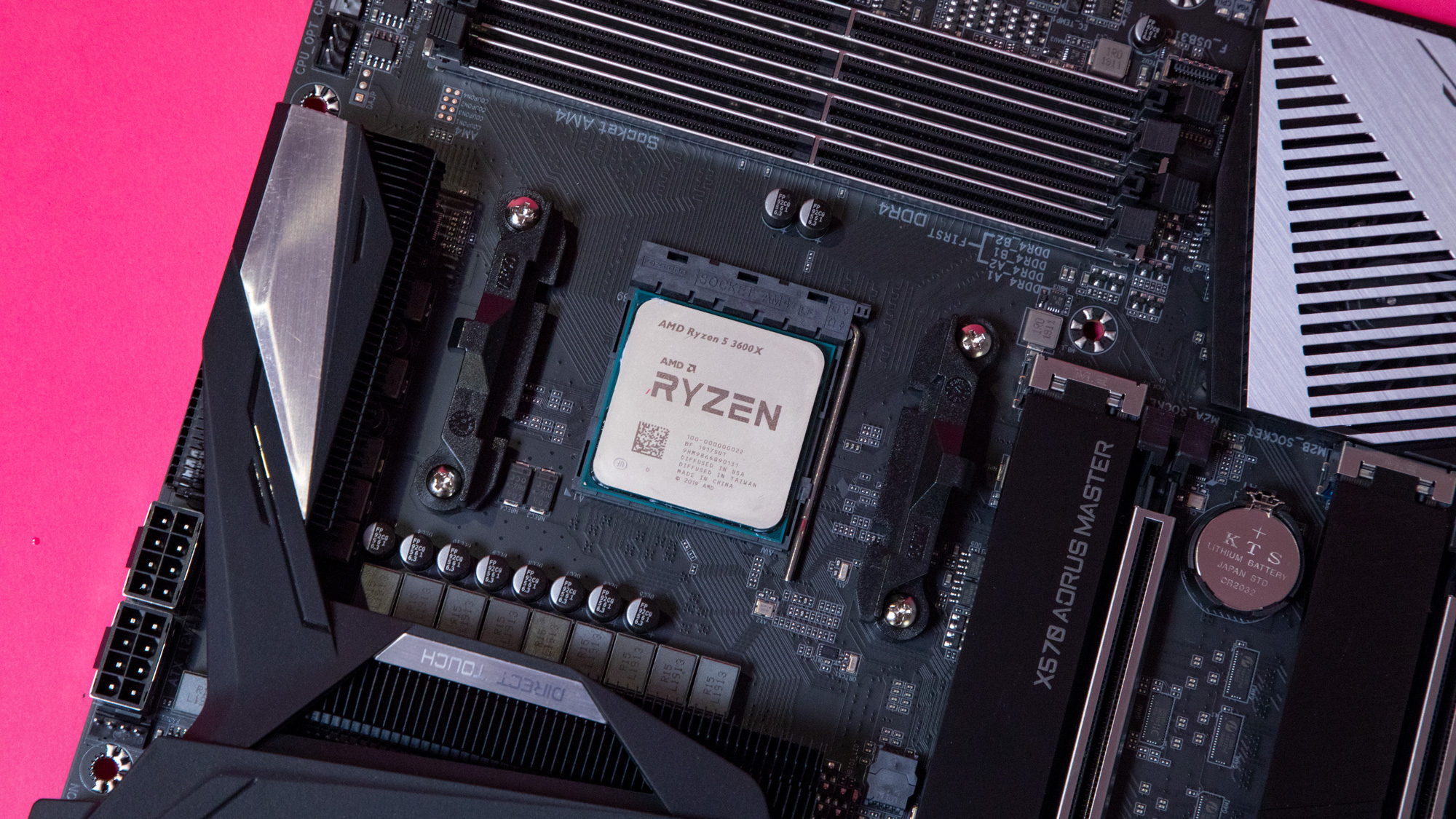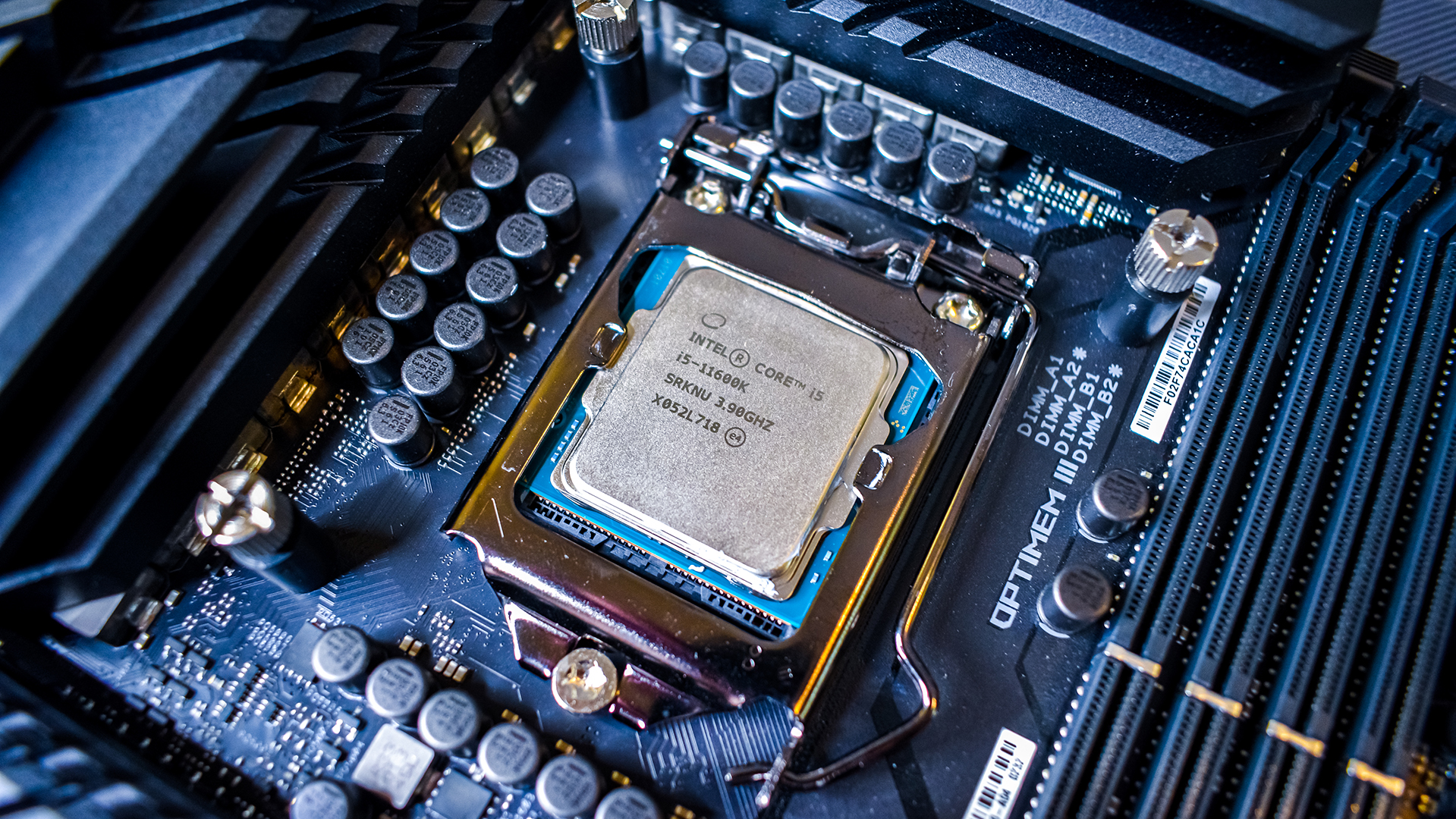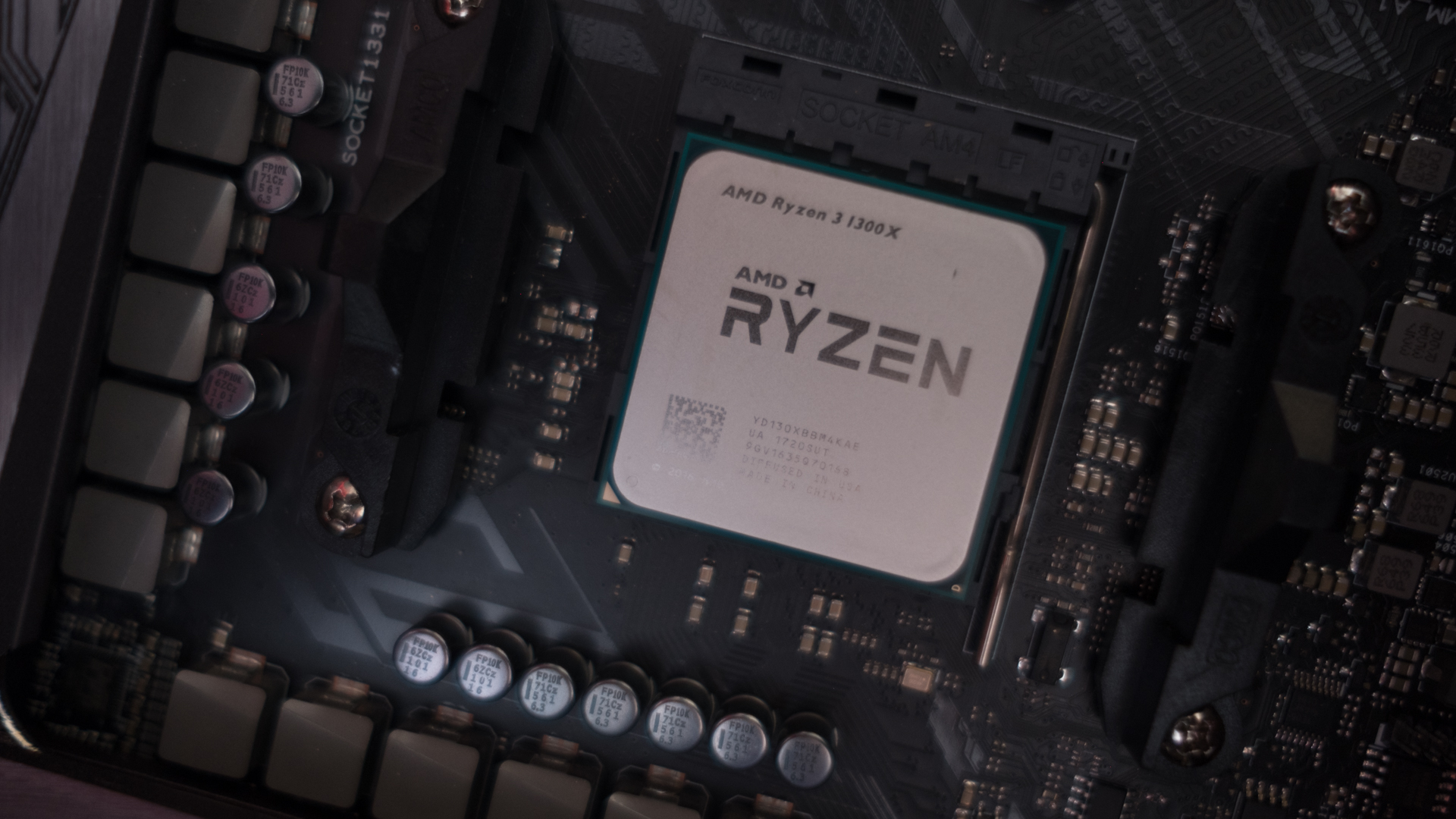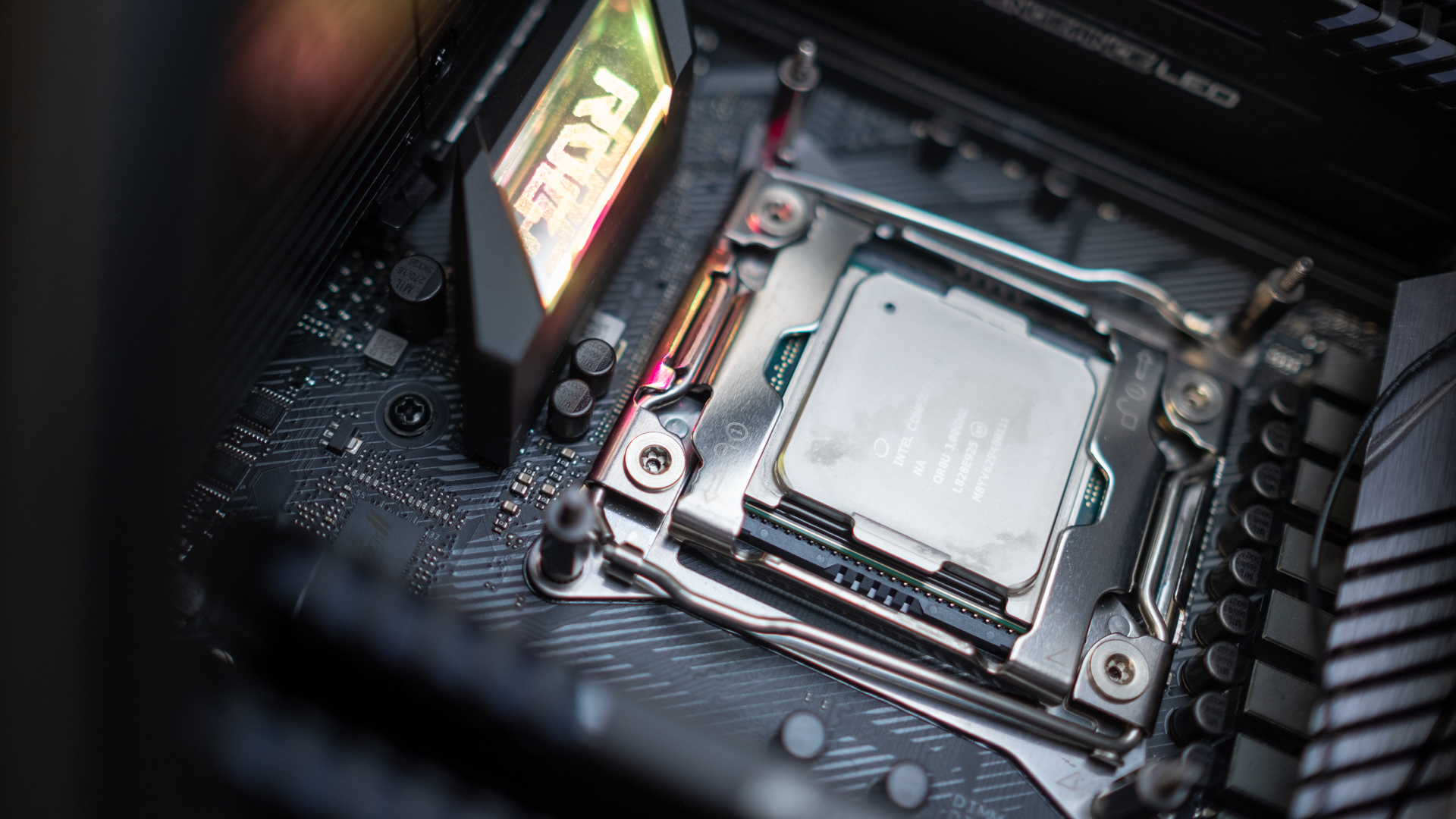How to choose a gaming processor
Do you go for Intel or AMD?

Getting a new gaming PC is exciting stuff. Whether you’re building one yourself or buying one of the best gaming PCs off the shelf, there’s a lot to think about. And right at the heart of that is which processor you get.
The processor is the beating heart of any PC, and getting it right is critical. If you make the wrong choice for your particular requirements, your whole experience will take a hit. And there’s more to consider getting the best processor than just whether you go for Intel or AMD.
Processors are complicated beasts, but there are a few key aspects to consider that will make your buying process a little easier.
- Pick up the best gaming mouse to round out your rig
How to choose a gaming processor for your PC
The obvious one is setting your budget, and you should absolutely do that. Don’t spend more than you’re happy to, because that AMD Ryzen 9 might look awesome but it’s also pricey, and spending more than you want to is always a bad idea.
But instead of focusing on budget, we’re going to outline some of the other main considerations you should make when choosing a gaming processor. The processor can affect many aspects of gaming, including frame rates, scalable display elements, and more besides. Here’s how to make sure you get the best one for you.

1. Decide what you want to do with your PC
When you’re choosing a gaming PC it’s easy to get carried away. But before you choose any processor you need to be clear on exactly what you want from your gaming PC.
If you’re going to be concentrating on gaming and little else, you will be looking at a different processor if you’re also going to want to stream at the same time. Of if your PC is going to be used for professional work or content creation, or any other intensive tasks.
Sign up for breaking news, reviews, opinion, top tech deals, and more.
Why is this so important? Because overkill is one thing, but underestimating will be even worse.
2. Understanding how many cores you need
This is where the previous step starts to become important. All modern Intel and AMD CPUs have multiple cores, ranging between 4 and 16 before you start getting into workstation territory. Gaming, believe it or not, doesn’t actually need a massive amount of cores to produce a good performance. Even on a quad-core processor, you can have a decent time.
Where the core count comes into play is if you’re planning to undertake processor-intensive tasks outside of gaming. If you’re playing and streaming from the same PC, for example, you’ll need more cores to take on the additional load.
This is where AMD Ryzen processors have become popular in recent times, offering 8-core and even 16-core processors for a fairly attractive price. The additional headroom allows for gaming and streaming on the same PC with minimal impact to both.

3. Clock speeds and overclocking
Generally speaking, for choosing a gaming processor the higher the clock speed the better. It’s less of a thing on modern processors as clock speeds today are improved on years past, but it’s still something to consider. If a slightly higher clock speed is within your budget, then you should try and get that one.
As a byproduct of that, consider if you’re looking to indulge in a spot of overclocking. If you’re buying an AMD Ryzen processor, you’re all set, each is unlocked and you can tinker to your heart’s content.
If you’re interested in overclocking an Intel processor then you’ll need to make sure you purchase a ‘K’ variant. The model number will be designated with a ‘K’ at the end to signify it’s unlocked for overclocking, for example, the Intel Core i9-11900K.
4. Integrated graphics or not?
Not all processors come with integrated graphics, and if you buy one and don’t have a dedicated graphics card handy you won’t even be able to see Windows 10 on the screen. In particular, this applies to AMD Ryzen processors that aren’t designated with a ‘G’ in their model number, and Intel processors designated with an ‘F’.
If you’re getting into PC gaming then one of today’s best graphics cards will probably be on your shopping list. But if you don’t have it right away, or you’re building a budget machine without one, you’ll need a processor with an integrated GPU to be able to use your PC.
It is possible to get good gaming performance on some of today’s latest integrated graphics, too. Of particular note is AMD’s APU lineup, a combination of a Ryzen processor and Radeon GPU on the same chip. Depending on the game, even a solid 60 FPS experience is well within reach.

5. Read reviews and benchmarks
When choosing a new processor it really can be worthwhile freeing up some time to check out the latest reviews and benchmarks. While reviewers will often not have the same system spec as you’re targeting, they will all do one important thing: push the processor to its absolute limits.
A good review will help you understand performance, power draw, thermal performance, and how good it is at single-core and multi-core tasks. You’ll also get an idea of gaming performance, so it can help shore up your preferences or help you reshape them towards something else. But it’s a good idea to know what you want from a processor before you go hunting reviews, to make sure you’re not tempted by something you don’t need.
Summary
There is no right or wrong answer when it comes to choosing a gaming processor. Every person’s needs are different from the next, but making a decision doesn’t have to be difficult.
As long as you know what kind of gaming PC you’re shooting for and what you want to be able to do with it, the rest will fall into place. Set your budget before you begin the process, then look at what Intel and AMD’s best have to offer you.